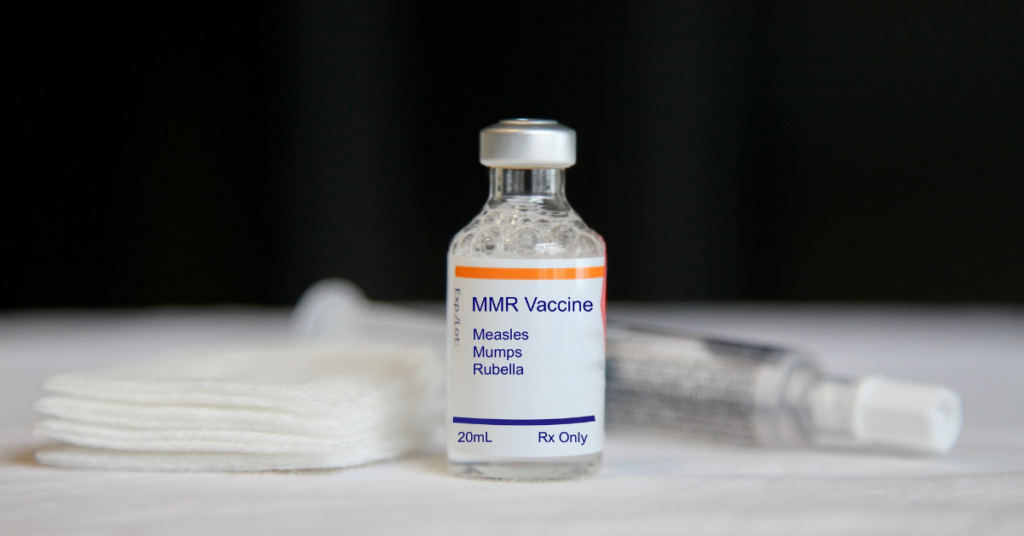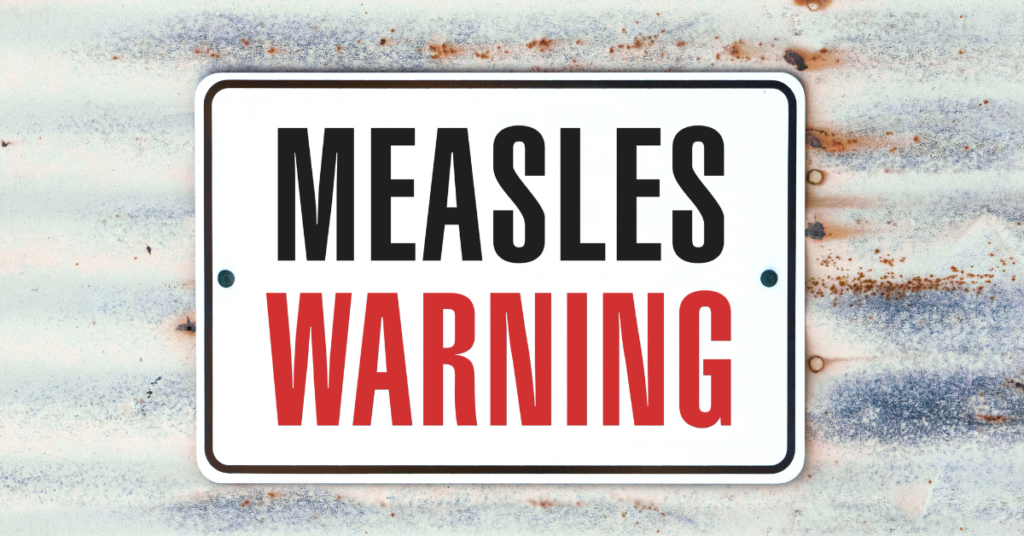Measles, once thought to be under control, has reared its head once more, threatening the health and well-being of millions worldwide. The World Health Organization (WHO) recently expressed deep concern regarding the alarming escalation of measles cases globally, with over 306,000 reported cases last year alone, marking a staggering 79% increase from 2022. Natasha Crowcroft, WHO’s technical adviser on Measles and Rubella, emphasized the gravity of the situation, stating, “We in the measles world are extremely concerned.”
Measles, a highly contagious airborne disease caused by a virus, poses serious health risks, including severe complications and death, particularly among children. Crowcroft emphasized that reported Measles cases are likely significantly underestimated, suggesting that the actual number of cases is likely much higher.
Measles spreads through contact with secretions from the nose or throat of an infected person, typically through coughing or sneezing. The virus can also be contracted by breathing in air that an infected person has exhaled. The virus can survive in the air or on contaminated surfaces for up to two hours, making it highly contagious. The transmission period for the disease is from four days before the appearance of the rash to four days after.
“We in the measles world are extremely concerned.”
Natasha Crowcroft, WHO’s Technical Adviser on Measles and Rubella.
In nations on the verge of eradicating measles, imported cases from other countries continue to pose a significant risk of infection.
Global Trends of Measles
Measles has witnessed a disheartening resurgence. Between 2000 and 2018, immunization efforts saved approximately 23 million lives globally. Yet outbreaks persist in all regions, with case numbers reaching a near ten-year peak in 2018—nearly 10 million cases and over 140,000 deaths worldwide. By November 2019, case numbers had tripled compared to the previous year, marking the highest incidence since 2006.
Measles in Africa
Africa, our beloved continent, bears a heavy burden. The Democratic Republic of Congo (DRC) grapples with the world’s largest and most severe measles outbreak. In 2019 alone, over 250,000 cases and 5,000 deaths have been reported. Low immunization rates and malnutrition exacerbate the crisis. Africa cannot stand idly by while our children suffer. There is a need for urgent action.
The Battle Against Measles
To combat this resurgence, world leaders must prioritize vaccination. For a country to be safe from measles, 95% of the population must be immune. However, global vaccination rates remain stagnant—hovering around 10% below the recommended threshold for the first dose and 25% for the second. We cannot afford complacency.
In 2018, WHO, along with partners, vaccinated 346 million children in 37 countries through mass campaigns. But there is need for sustained efforts to bridge the gap in routine vaccination coverage.
Why the Resurgence?
It is an irony that a disease that can be prevented with a vaccine is staging a comeback. The root cause lies in our failure to vaccinate. The recent coronavirus pandemic has further disrupted vaccination programs, leaving 117 million children in 37 countries at risk of delayed immunization.
Other factors responsible for this comeback are:
Vaccine Hesitancy
Misinformation and distrust of vaccines hinder progress. Engaging communities, dispelling myths, and building trust are critical.
Health System Weaknesses
Fragile health systems struggle to deliver vaccines effectively. Investments in infrastructure, supply chains, and skilled personnel are imperative.
What should be done going forward?
There are various steps that must be undertaken if Africa must arrest the resurgence of Measles. Some of these are listed below inter alia.
Strengthen Routine Immunization
African leaders, allocate resources to strengthen routine immunization systems. Invest in training health workers, ensuring vaccine supply chains, and reaching remote communities.
Measles Vaccination Campaigns: Launch targeted campaigns, especially in outbreak-prone regions. The recent success in North Kivu, DRC, where measles and Ebola outbreaks coexist, is a testament to the fact that commitment and determination on the part of all can help to stem the rising tide of Measles in Africa.

Community Engagement
Engage communities, dispel myths, and build trust. Let us empower parents with accurate information about measles vaccines.
Investments in Health
Allocate resources to strengthen health systems. Investments in vaccines, surveillance, and health worker training pay dividends.
Education and Advocacy
Raise awareness about measles and vaccine safety. Engage religious leaders, community influencers, and parents.
Conclusion
Measles is preventable, and our children deserve protection. Let us rise together, fueled by passion and compassion, to eradicate this ancient foe. Vaccines are our armor, and health investments our shield. Let us leave no child behind. The time for action is now.

